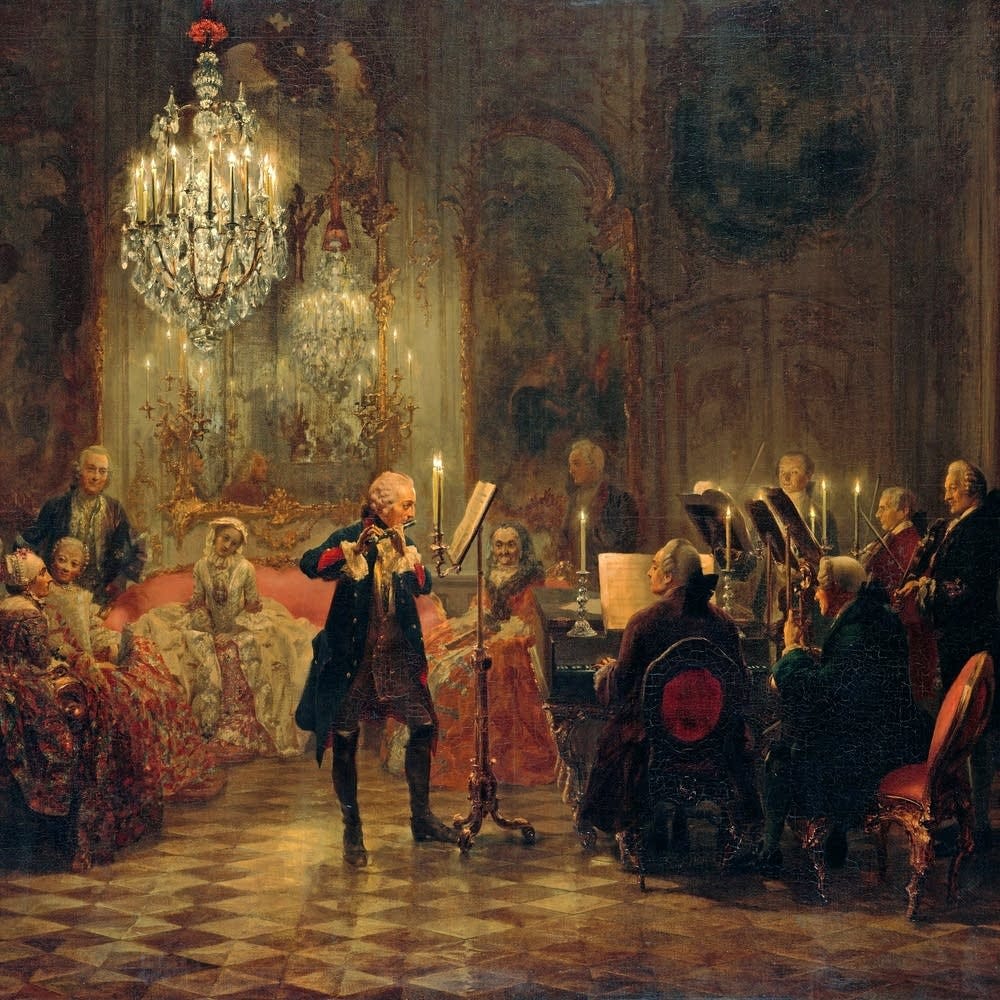On Classical Music
high culture is inherently masculine
Rhythm and harmony find their way into the inward places of the soul. - Plato
I stepped into the concert hall that afternoon and was enveloped by a world I had never imagined. The grandeur of the hall, the hushed whispers of the audience, and the anticipation in the air left me in awe. When the orchestra began to play, led by a conductor in a tuxedo, I w…



